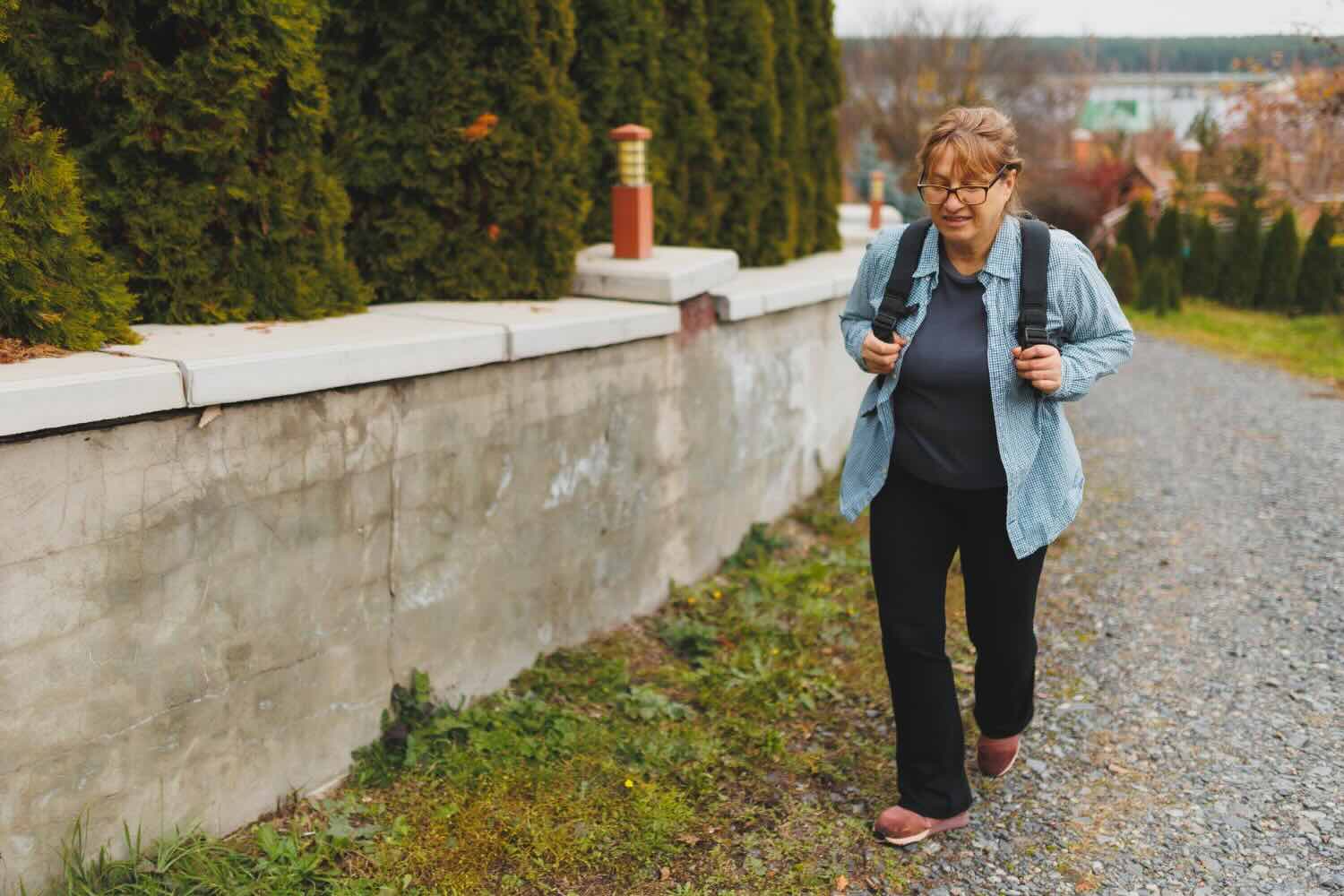There’s a little-known secret to staying vibrant, sleeping better, and keeping your mind sharp after 51 — and it might surprise you. If you’ve always believed that walking or jogging are the best ways to stay healthy in your golden years, think again. A recent Harvard Medical School study highlights a very different approach to longevity and wellness — one that’s as ancient as it is effective.
Why do some people seem ageless while others slow down quickly? The difference often lies in the kind of movement they choose. The right activity strengthens the body without punishing it and trains the mind to stay calm, alert, and adaptable. According to Harvard researchers, the answer may lie in the graceful discipline of martial arts.
The Unexpected Power of Martial Arts for Seniors
When most people hear “martial arts,” they imagine high kicks, fast punches, or competitive sparring. But in truth, many traditional styles are gentle, low-impact, and designed to work with — not against — the body’s natural rhythm. Practices such as Tai Chi, Aikido, and Wing Chun have become favorites among older adults for their focus on balance, control, and mindful movement.
Unlike high-impact workouts, martial arts engage muscles, joints, and reflexes in smooth, measured ways. Each session strengthens coordination and posture while easing tension in the back and knees. The slow, flowing routines make them safer — and often more enjoyable — than running or heavy gym training, which can strain aging joints.
Take my aunt, for example. She began Tai Chi at 56, hesitant and skeptical at first. Within months, she noticed better balance, deeper sleep, and less stress. The calm repetition of the movements became a kind of meditation that steadied her body and mind alike. It wasn’t about fighting — it was about flow.
Gentle Martial Arts That Fit Every Ability
Tai Chi is often described as “meditation in motion.” Its slow, circular patterns help improve circulation, muscle tone, and focus. The rhythmic breathing calms the nervous system, reducing anxiety and improving mood. For seniors concerned about stability or joint pain, it’s one of the safest and most restorative options available.
Aikido teaches how to move with energy rather than resist it. Instead of brute force, it emphasizes fluid motion and awareness of balance. This approach keeps the body flexible and the mind centered — ideal qualities for anyone hoping to age gracefully and avoid injury.
Wing Chun focuses on small, efficient movements that sharpen reflexes without strain. Practitioners learn to stay balanced and alert, skills that translate directly into daily confidence — from walking on uneven ground to reacting quickly when life throws surprises.
Even gentle forms of Jiu Jitsu are being adapted for older adults, focusing on body awareness and safe defensive techniques without hard falls or rough contact. These classes improve strength and self-assurance, helping seniors feel secure in their movement again.
How Martial Arts Strengthen Body and Mind After 51
What truly sets martial arts apart from typical exercise is their mind-body connection. Practitioners memorize sequences of movements that demand coordination, focus, and patience — a natural way to boost cognitive health while toning the body. Studies show this dual engagement can improve memory and reaction time, both of which tend to decline with age.
Harvard researcher Dr. Peter M. Wayne, author of “The Harvard Medical School Guide to Tai Chi,” found that such practices enhance what he calls the body’s “physiological complexity.” Simply put, martial arts help older adults stay responsive to life’s challenges — physically, mentally, and emotionally. Instead of breaking down with age, the body learns to adapt.
There’s also a strong social component. Many seniors find joy and companionship in martial arts classes, which can ease loneliness and boost motivation. The community aspect — learning together, sharing progress, laughing through mistakes — often becomes the highlight of the week.
Safety and Getting Started
Before stepping onto the mat, it’s wise to consult your doctor, especially if you have balance or heart concerns. Choose instructors experienced in teaching older adults; they know how to adapt techniques and pacing to suit different abilities.
Most community centers, gyms, and wellness studios now offer senior-friendly programs. Beginners can start with short sessions — even 15 minutes a day makes a difference. The goal isn’t competition; it’s control, confidence, and connection.
Rethinking Fitness After 51
Choosing martial arts in midlife and beyond isn’t just about staying fit — it’s about embracing a new rhythm of living. Every gentle punch, turn, or step becomes an act of mindfulness, reminding you that growth doesn’t stop with age. Strength, balance, and peace are still within reach, waiting to be rediscovered through movement.
When older adults practice martial arts, they’re not fighting others — they’re mastering themselves. They learn how to breathe through stress, how to stand tall after setbacks, and how to move with grace no matter what comes next. It’s this harmony of body and spirit that makes the practice so powerful.
The Takeaway: Movement as a Path to Joyful Aging
Exercise after 51 shouldn’t be a struggle; it should feel natural, satisfying, and sustainable. Martial arts offer exactly that — a blend of physical vitality, mental clarity, and emotional calm. As Harvard’s findings suggest, the key to staying young isn’t found in running farther or lifting heavier, but in moving with intention and awareness.
If you’ve been searching for a new way to stay active, try a class in Tai Chi, Aikido, or another gentle martial art. You might find, as many do, that the practice transforms more than your fitness — it reshapes your confidence, your sleep, and even your outlook on life.
Have you or someone you know tried martial arts later in life? How did it change your energy and mindset? Share your experiences below — your story could inspire someone else to begin their own journey toward strength and serenity.
